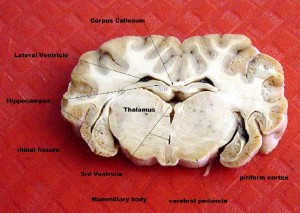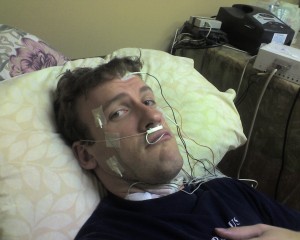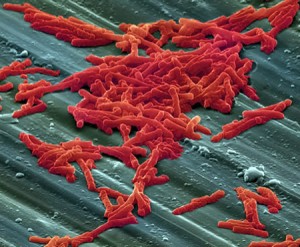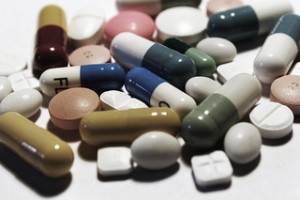We all had one of those stressful nights with exams and had to pull all-nighters. However, will it actually help you get an A? Recent studies show that it may be more beneficial for students to sleep on time rather than staying up all night. Lack of sleep have shown to affect both memory retention and health.

All-nighter. Photo Credit: Edward Langley. Source: Flickr
Firstly, sleep and memory are interconnected. Sleep is essential to turn short-term memory into long term memory. This is known as memory consolidation. With inefficient amounts of sleep, this process cannot be completely successful. Furthermore, hippocampus is where all the memory is stored in the brain. This is where it can be greatly affected by lack of sleep. Research suggests that important points throughout the day are recycled through the brain specifically in the hippocampus.

Hippocampus. Photo Credit: Steve.Milway. Source: Flickr
One of the research models about memory formation is the O’Donnell and Sejnowski’s model. Their model suggests that memory formation occurs during the dreaming stage. During this stage the hippocampus organizes memory by retaining the important information from the ones you don’t need.
Secondly, sleep deprivation is a serious factor that can affect one’s health. It affects millions of people in North America. It can be caused by stress and anxiety. There has been a link found between sleep deprivation and cell damage. Research has found damaged cells in the liver, small intestine and the lungs. They found that lack of sleep causes cell damage showing that there is a direct link between sleep and health. However, further study shows that recovering from lack of sleep restored those damaged cells. This shows that a consistent sleeping schedule is vital for a healthy body and memory.
In addition, lack of sleep can cause the memory to recall information inaccurately known as memory distortion. Kimberly Fen, an MSU associate professor of psychology mentions that memory distortion is greatly increased during sleep deprivation. Many students do not get enough sleep every day and are sleep deprived throughout the weeks. This makes it more likely for them to have memory distortion and can worsen as they age.
Furthermore, in another research study led by Brigham and Women’s Hospital, they found that women who sleep five hours or less per day experience a more distorted memory later in their life. They even found that a greater fluctuation in the amount of sleep can seriously affect the memory. Getting a regular amount of sleep will prevent memory distortion.

Sleep studies. Photo Credit: Chief Jimbo. Source: Flickr
Looking back at this, it is not worth the risk of pulling an all-nighter to hopefully ace the test. We must look past just the test and focus on our health. Sleep deprivation has been linked to cell damage that ultimately affects our health. Just hit the hay rather than staring at a book the whole night.
-Manpreet Takhi




